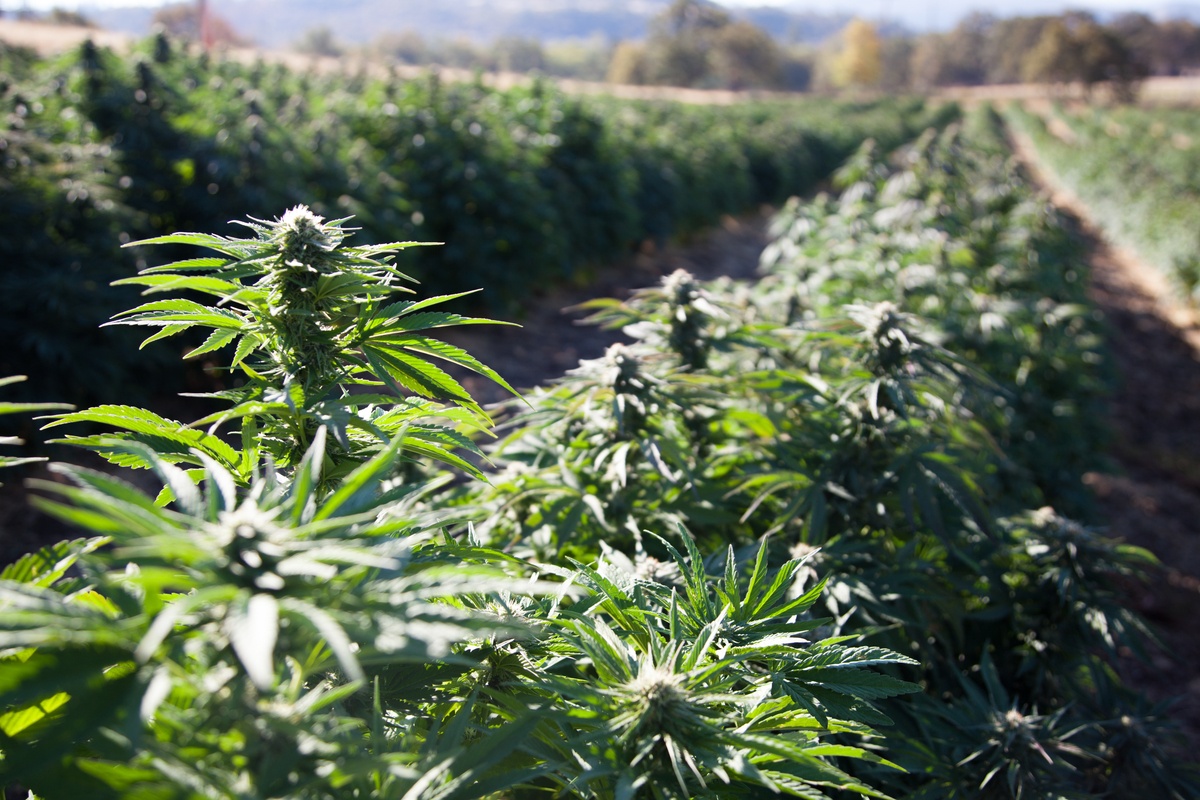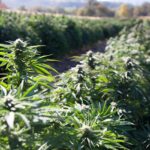The bipartisan push on Capitol Hill urging the U.S. Food and Drug Administration (FDA) to approve and regulate cannabidiol (CBD) as a dietary supplement picked up momentum through an appropriations amendment last week.
The amendment, offered by Reps. Kurt Schrader, D-Ore., and Morgan Griffith, R-Va., passed by a voice vote as part of an en bloc package with 57 other measures, and is attached to the fiscal 2022 appropriations package, House Resolution 4502.
The passed amendment targets FDA funding:
“Increases and decreases by $5 million, funding for the Center for Food Safety and Applied Nutrition at the FDA, to highlight the need for the agency to proceed with rulemaking on cannabidiol (or CBD) by no later than 180 days after enactment, out of concern that the FDA has not initiated rulemaking to establish a regulatory pathway for CBD as a dietary supplement and food ingredient.”
Schrader spoke in support of the amendment prior to its July 27 passage on the House floor.
“Despite the 2018 Farm Bill being signed into law—legalizing cannabidiol—hemp farmers, including those in my home state or Oregon, have faced economic burdens from the regulatory uncertainty by lack of action,” he said. “We’ve legalized the sale of hemp derivatives like CBD, but the marketplace adoption has not taken off like [hemp farmers] expected. Lack of clarity in legal purchasing of CBD is a big part of the problem.
“The FDA has the authority to conduct the necessary rulemaking to establish a regulatory pathway for CBD as a dietary supplement and food ingredient. This amendment, with my colleague, Rep. Griffith, calls the FDA to proceed in doing so as the livelihoods of hemp farmers and safety of consumers across the county resides in the hands of the agency. There’s no reason for the FDA not to be moving forward since the 2018 Farm Bill.”
To that end, Schrader and Griffith also reintroduced (in February) the Hemp and Hemp-Derived CBD Consumer Protection and Market Stabilization Act—House Bill 841—to create a pathway for non-medical CBD products by forcing the FDA to act. On a bipartisan basis, that effort includes 11 Republicans and 19 Democrats signed on for sponsorship.
“My bill will require the FDA to do what they have the authority to do, and should have done already, to craft the necessary rules and guidance to regulate CBD as a dietary supplement,” Schrader said last week. “No regulatory system is perfect, but congressional intent has been clear on hemp and CBD. Livelihoods of the farmers and ag jobs hang in the balance. [It’s] long past time the FDA and Congress move forward on making CBD legal and safe for consumers.”
In May, Sens. Ron Wyden, D-Ore., Rand Paul, R-Ky., and Jeff Merkley, D-Ore., filed the Hemp Access and Consumer Safety Act—Senate Bill 1698—which also aims to eliminate CBD’s regulatory gray zone through requiring the FDA to act.


